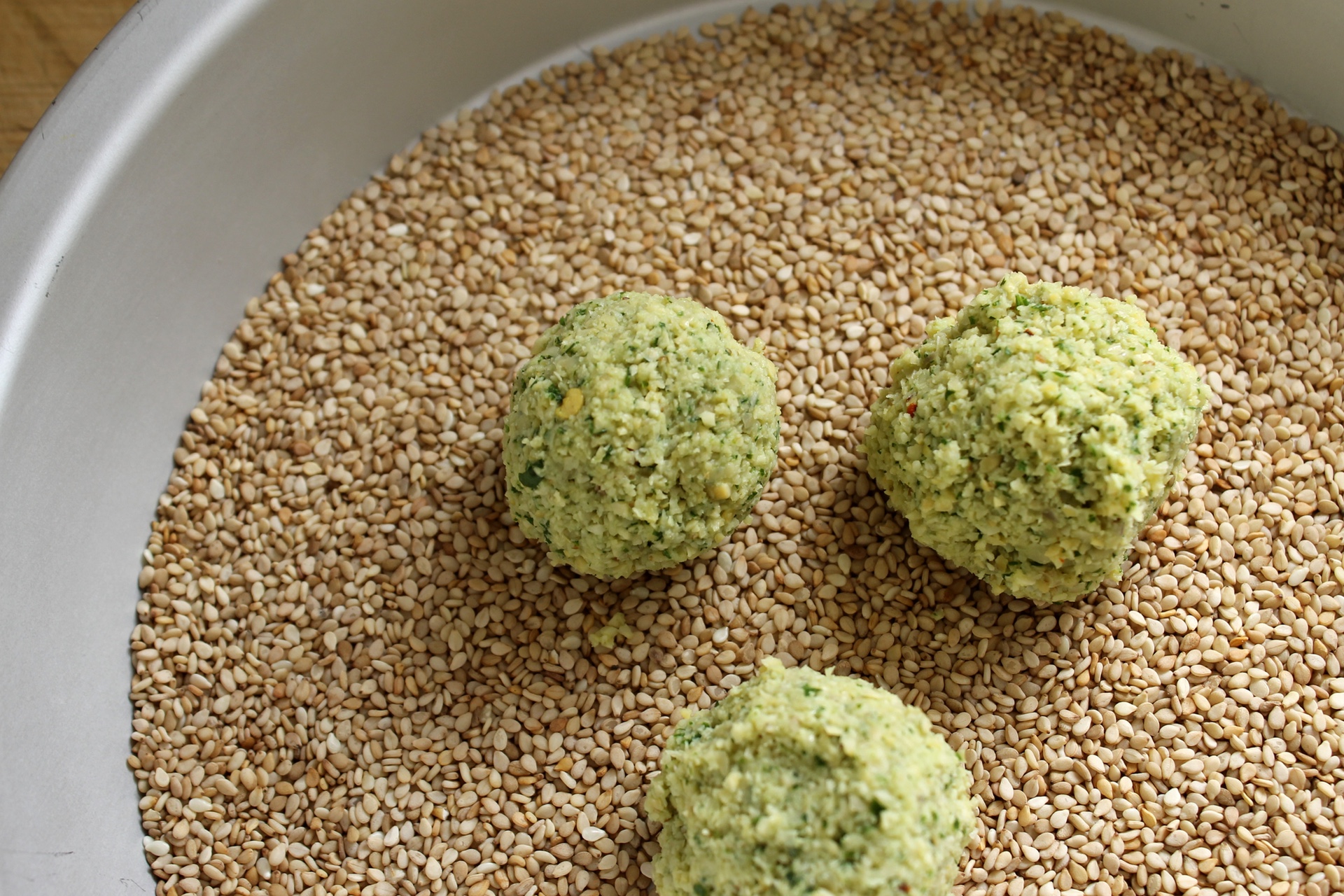
Are falafel seeds delicious? Some may not be familiar with these falafel seeds. Falafel seeds are a type of sesame seed, which is also known as tahini in Arabic and Middle Eastern countries. It has been used as food seasoning since ancient times.
The seeds have a nutty flavor and can be eaten raw or roasted. They are often used to make falafel, hummus, baba ghanoush, and other dishes.
What are falafel seeds?
Falafel is a Middle Eastern dish consisting of deep-fried balls of chickpeas or fava beans mixed with spices and served with salad. Falafel seeds are also known as fenugreek seeds. They are commonly found in Indian cuisine.
The Fava bean (or chickpea) is a legume native to South Asia. The seeds contain high levels of protein, fiber, iron, magnesium, phosphorus, potassium, zinc, copper, manganese, calcium, vitamin B6, folate, thiamine, riboflavin, niacin, pantothenic acid, biotin, and phytosterols.
Are they safe to eat?
Yes! In fact, the seeds have been used for thousands of years in India. There are no known side effects from eating them. However, if you’re allergic to any legumes, then it’s best to avoid this ingredient.
How do I use falafel seeds?

You can add them to salads, stir-fries, soups, stews, curries, dips, bread, cakes, muffins, cookies, smoothies, ice cream, yogurt, pasta dishes, pizza toppings, meatballs, burgers, sandwiches, wraps, tacos, burritos, quesadillas, rice dishes, and more.
You can even sprinkle some on top of your favorite foods like popcorn, chips, pretzels, crackers, and baked goods. More on spices in falafel.
Why do people eat falafel seeds?
The most common reason why people eat falafel is because of its health benefits. It contains lots of nutrients that help lower cholesterol, reduces blood pressure, prevent cancer, boost immunity, improves digestion, increases energy, and promote weight loss.
Benefits of eating falafel seeds
1. Lower Cholesterol
Cholesterol is an essential part of our body. But too much cholesterol can cause heart disease, stroke, and other cardiovascular diseases. Eating falafel seeds helps lower cholesterol by increasing bile production.
2. Reduce Blood Pressure
High blood pressure causes many problems such as heart attack, kidney failure, blindness, and stroke. Eating falafel reduces blood pressure by reducing sodium intake.
3. Prevent Cancer
Cancer is one of the leading causes of death worldwide. Many studies show that consuming foods rich in antioxidants may help prevent cancer. One study showed that people who ate falafel had less risk of developing colon cancer than those who didn’t eat falafel.
4. Boost Immunity
Immunity plays a key role in preventing infections and illnesses. A healthy immune system protects us against various diseases. Studies show that people who consume falafel regularly have stronger immune systems.
5. Improve Digestion
Eating falafel improves digestion by stimulating gastric juices, which aids in better absorption of food. This makes your digestive tract work properly.

6. Increase Energy
When we feel tired, we tend to crave carbohydrates. But when we eat carbs, our bodies store them as fat instead of using them as fuel. By adding falafel to your diet, you’ll get enough energy without having to eat large amounts of carbs.
7. Promote Weight Loss
When we eat foods that are low in calories but high in fiber, we don’t experience feelings of hunger. Fiber fills up our stomachs so we don’t feel hungry. This means we won’t be tempted to overeat.
8. Prevent Heart Disease
Heart disease is the number one killer among men and women. When we eat foods rich in omega-3 fatty acids, we protect ourselves from heart attacks and strokes. Omega 3 fatty acids found in falafel help reduce inflammation, which prevents plaque buildup in arteries.
9. Protect Against Diabetes
Diabetes is another major problem in the world today. People with diabetes often suffer from nerve damage, poor eyesight, and increased risks of heart disease and stroke. Consuming foods rich in omega-3 fatty acids help prevent these complications.
Conclusion
Falafel seeds are very nutritious. They contain lots of vitamins, minerals, and proteins. They also provide plenty of fiber, which keeps you full for longer periods. Thanks for reading this article!
